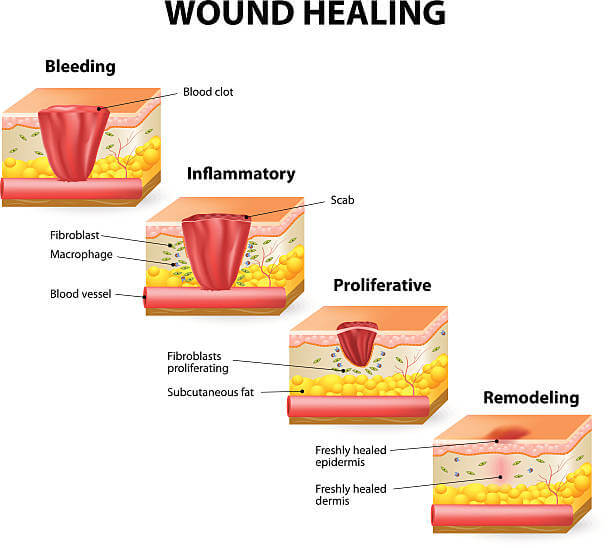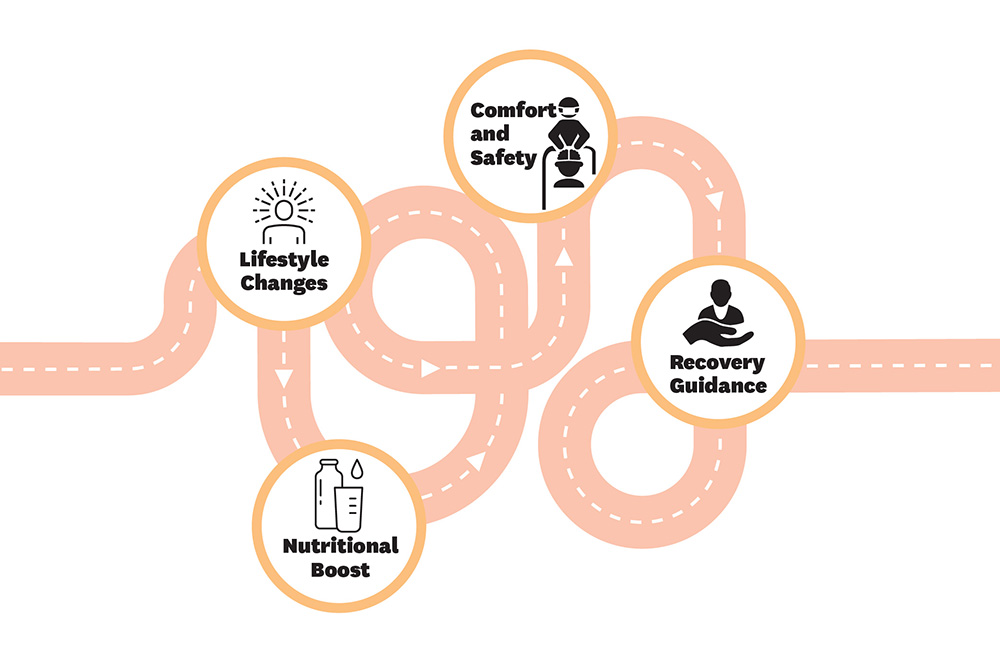In the realm of post-operative care, the journey to recovery can often present challenges and uncertainties. This concise guide offers a comprehensive overview of essential healing strategies tailored to empower individuals on their path to wellness.
From effective pain management techniques to nurturing wound care practices 天天枣上好, this article aims to provide a holistic approach to post-surgery recovery. Explore practical tips on nutrition, physical activity, and emotional well-being to optimize your healing journey with confidence and resilience.

Pain Management Strategies
Effective pain management is crucial for post-surgery recovery. After undergoing a surgical procedure, the management of pain plays a pivotal role in ensuring a smooth and successful healing process.
Patients who have just had surgery often experience varying degrees of discomfort, which can hinder their ability to move, rest, and recover effectively. To address this, healthcare providers offer a range of pain management strategies that cater to individual needs and preferences https://goodmorning.day. These strategies may include the use of medications, physical therapy, relaxation techniques, and alternative therapies.
It is essential for patients to communicate openly with their healthcare team regarding their pain levels and preferences to tailor a pain management plan that promotes comfort and facilitates a faster recovery.
Wound Care Techniques
Following the effective management of post-surgery pain, the next critical aspect of the healing process involves implementing proper wound care techniques. Ensuring that your wound remains clean and protected is essential for optimal healing and to minimize the risk of infection.
Start by regularly washing your hands before touching the wound area and changing dressings as instructed by your healthcare provider. Keep the wound dry and avoid exposing it to unnecessary moisture. Additionally, follow any specific wound care instructions given to you by your healthcare team, such as applying prescribed ointments or keeping the wound covered.
Nutrition Tips for Recovery
Adequate nutrition plays a crucial role in supporting the recovery process after surgery. Consuming a well-balanced diet rich in vitamins, minerals, proteins, and healthy fats can significantly aid in healing and rebuilding tissues.
To promote recovery, focus on incorporating lean proteins like chicken, fish, beans, and tofu to assist in wound healing and muscle repair. Additionally, consuming plenty of fruits and vegetables provides essential vitamins and antioxidants that boost the immune system and reduce inflammation.
Stay hydrated by drinking enough water throughout the day to help flush out toxins and support cellular function. It’s important to consult with a healthcare provider or a nutritionist to tailor a post-surgery diet plan that meets your specific needs and promotes a speedy recovery.

Physical Activity Recommendations
The incorporation of appropriate physical activity post-surgery is essential for promoting optimal recovery and overall well-being. Engaging in gentle movements like short walks, light stretching, or low-impact exercises can help prevent complications such as blood clots, improve circulation, and enhance muscle strength.
It is crucial to consult with your healthcare provider before starting any physical activity to ensure it aligns with your recovery plan. Gradually increasing the intensity and duration of your exercises under professional guidance is key to avoiding setbacks. Listen to your body, rest when needed, and stay hydrated during physical activities.
Emotional Well-being Support
Transitioning from focusing on physical activity to emotional well-being support, mental resilience plays a vital role in post-surgery recovery. It’s essential to acknowledge the emotional impact that surgeries can have on individuals. Feelings of anxiety, fear, frustration, and even sadness are common during the recovery process.
Seeking emotional support from loved ones, friends, or mental health professionals can significantly aid in coping with these emotions. Engaging in relaxing activities such as meditation, mindfulness exercises, or journaling can also help manage stress and promote emotional well-being.
Conclusion
In conclusion, implementing effective pain management, wound care, nutrition, physical activity, and emotional well-being strategies are essential for a successful post-surgery recovery process.
By following these guidelines diligently, individuals can promote healing, reduce complications, and optimize their overall well-being.
It is important to prioritize self-care and adhere to medical recommendations to ensure a smooth and efficient recovery after surgery.
